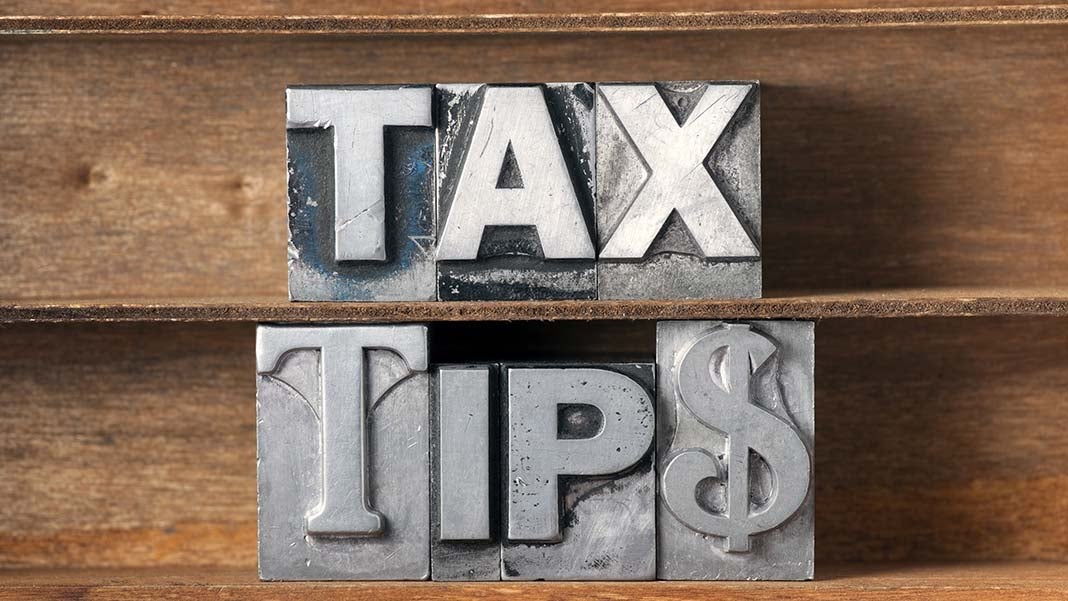If You Own a Small Business, Don’t Miss These 5 Key Tax Tips
By: Matthew Davies

Tax season is drawing near, which means headaches and stress for small business owners looking to save every penny they can. Combine the normal stress with new headaches surrounding the tax bill recently passed by Congress, and small business owners, especially new ones, can easily find themselves unprepared.
Fortunately, there are plenty of ways for small businesses to come out ahead of their competitors in the tax game by being prepared, using the right professional help, and finding the right deductions. Now is the time to make taxes work for you instead of feeling like a slave to the IRS and the federal bureaucracy.
Know the Dates
Let us get the simple things out of the way. The IRS states that the tax deadline for C-Corporations and individuals this year is on April 17, with the opening date have already passed on January 29.
Some places like TurboTax have been offering discounts for those who get their returns to them early, and never put off for tomorrow what you can today. Filing late can mean penalties and in the worst case scenario can cause you to lose your refund.
It is important then to get everything in order as soon as possible, so that you have plenty of time to deal with unexpected surprises. But if your financial books are nothing more than a pile of receipts in a shoebox, do not panic.
In the worst case scenario, you can request a six-month extension to file your income tax return by submitting a Form 4868 by April 17. Do note that this is an extension to get your tax return filed, not an extension to pay your taxes. When submitting this form, you should include payment for any taxes due.
Employee Benefits and Taxes
Since the Second World War at least, businesses have altered how they pay or give their employees benefits to lower their tax burdens and get around government regulations. Employers for years have been able to deduct their taxes by giving employees “fringe benefits” such as health and vision benefits.
However, the recent tax bill has revised or eliminated many of these fringe benefits. As SHRM details, some of these benefits which are changed include offering onsite gyms, handing out free mass transit or parking passes, and moving expenses.
Despite these new limitations, many major fringe benefits can still reduce business tax burdens and limit the amount of tax your employees have to pay. These include offering stock options as well as education and health assistance.
Figure out the Home Office Deduction
Many business owners run their enterprises from their homes, and the home office deduction thus becomes one of the more valuable tax deductions for small business owners. This office deduction can let you deduct a portion of your rent, mortgage, or utilities.
The qualifications for this deduction under the tax bill are unchanged for business owners and the self-employed, though they have been made significantly harder for those working for a company from home.
As the IRS states, the two main qualifications are that “you must regularly use part of your home exclusively for conducting business” and that “You must show that you use your home as your principal place of business.”
The process of applying for a home office deduction can also be tricky, and you may want to seek professional help. Which brings us to our next point.
Seek Professional Help
The vast majority of business owners rely on third-parties to do their taxes, whether in the form of accounting software like TurboTax or a professional CPA. And while TurboTax is useful, business owners should seriously consider shelling the extra money for an accountant. Because the field of tax deductions is more complicated for a business owner than a wage earner and IRS audits are unpleasant to deal with, an accountant can possibly save a business more money in the long run.
Many tax services provide not just tax filing, but also act as financial advisors, with expertise beyond taxes on how you can help your business grow. Take the time and money to plumb your business and social connections for a good accountant, and it is an investment which will pay off in the long run.
Keep Business and Personal Separate
I pray that you are already doing this, because if you have not tax season is going to be really fun for you. Combining business and personal accounts is a giant red flag to the IRS that your business is actually a hobby and makes them more likely to audit you and go over your deductions with a fine-toothed comb. Going over your business expenses to find potential deductions also becomes more difficult if it is mixed in with your personal expenses.
Set up two separate checking accounts, one for yourself and one for your business. Never use checks or cards from one for the other, and document any instances where you make mistake. If you have to untangle it, get it started as soon as possible with professional help. The longer you wait, the harder it becomes and the worse the potential consequences can be.
2219 Views












